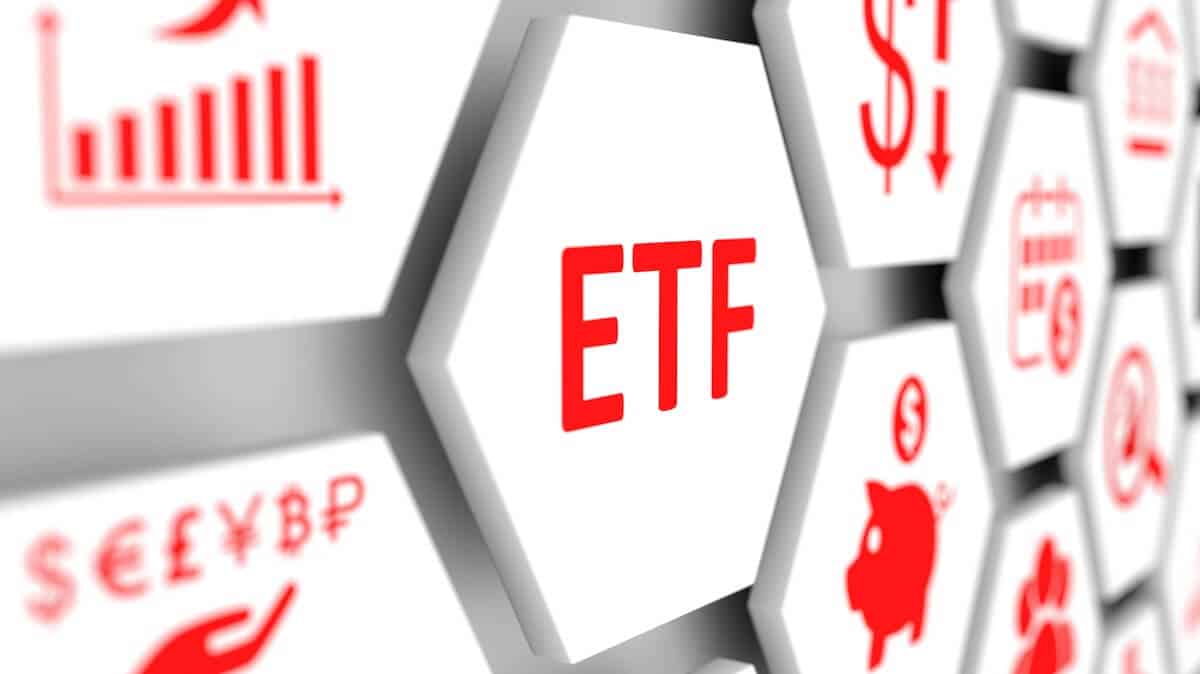Whether you are a newbie in trading or an experienced trader, ETFs are a great way to invest in a specific market, industry, region, or classification of assets. Though you can start investing in ETFs by opening an investment account with an investment provider that connects you to a stock exchange, there’s a much better way to do it – through the Contract for Difference (CFD) market.
In this guide, we’ll explain what are ETF’s, what to look for in an online ETF broker, what is the most recommended way to get exposure to ETFs and review the top 5 ETFs brokers that offer Exchange Traded Funds (ETFs).
On this Page:
What to Look For in an Online ETF Broker
There are several aspects you must consider before you choose a broker dealer ETF:
- Safety and regulation: Trading with a regulated online broker should one of the key factors to determine your preferred broker. A regulated broker ensures your funds are held in a safe account and you will be compensated in the event of a default.
- Usability (Trading Platform): Some brokers offer a unique and easy-to-use user interface designed for beginners while other brokers offer a service whereby you can get access to a more professional trading platform. You should consider your needs to determine the best broker for you to trade with and the broker that offers the best ETFs screener and best ETFs research tools. f
- Selection of ETFs: Obviously, the more the merrier. A higher selection of Exchange Traded Funds will help you diversify your portfolio.
- Fees: ETFs fees are one of the most important factors when you choose a broker. While traditional brokers charge management fees and brokerage fees which can be significant, the majority of CFD brokers do not charge any trading fees rather than buy and sell spread.
Obviously, the factors above are key to ensuring you find the most reputable and reliable broker to help you get started investing in ETFs. CFD brokers provide a great selection of ETFs assets the same as traditional brokers, but usually charge lower fees, an advanced trading platform, and trading tools. Here are the best online brokers for ETFs in the market:
ETFs Brokers – Final Thoughts
ETFs trading can be one of the safest and stable ways to start trading. ETFs allow you to invest in a basket of stocks that represent industry, region, or a specific market. By doing that, you will get better diversification and reduce the risk of investing in one security. The bottom line, ETFs are a great option for beginners and experienced traders alike. From the options above, we can conclude that eToro offers the best platform to trade ETFs – Its trading platform is easy to use, making it the best option for beginners. Furthermore, eToro offers a wide range of ETFs and unlike other platforms, ETFs accounts on eToro are commission-free.
FAQ
What Are The Benefits Of Trading ETFs?
There are several advantages of ETFs that include lower costs, trading diversification, tax efficiency, flexibility and the ability to invest in a specific market, sector or region.
How much money do I need to start trading ETFs?
You do not need a large capital to start trading with one of the recommended brokers above. eToro, for example, is one of the leading brokers in the world has a minimum deposit requirement of $250 and offers a selection of 145 Exchange Traded Funds on its platform.
Are ETFs good for beginners?
An ETF is basically a number of stocks collected into a fund. However, unlike mutual funds, ETFs can be traded anytime during the exchange trading hours. By trading ETFs, you are reducing the risk involved in one-stock investment and now exposed to a certain sector, industry, market, region, or country. The main reasons as to why ETFs are good for beginners include the low costs, leverage ratio (with CFD broker), liquidity, volatility, portfolio diversification, and a vast array of tradable ETFs choices.
Can you day trade ETFs?
Absolutely. ETFs are liquid and volatile throughout the day, meaning you will be able to find many trade opportunities. ETFs trade the same way as common stocks and therefore, the trading hours of ETFs are according to opening market hours of the exchange in which the funds are being traded-in.
How does leverage work in ETF CFDs?
Leverage in ETF CFDs works the same way as it works on any other security. For example, eToro enables you to trade with a leverage of 1:5 on ETFs, meaning you can deposit $100 but the available funds in your account will be $500. The broker, in fact, allows you to trade with borrowed funds.
